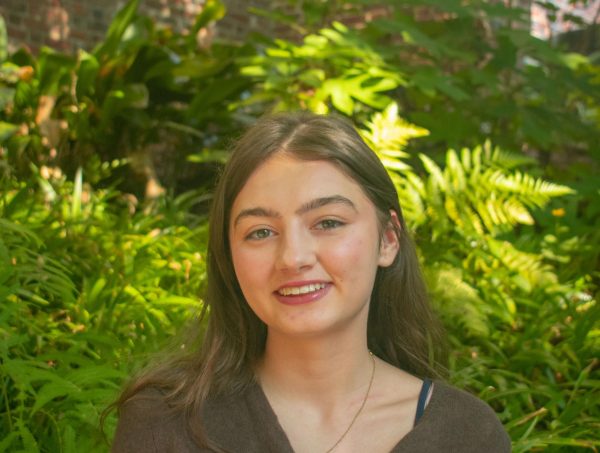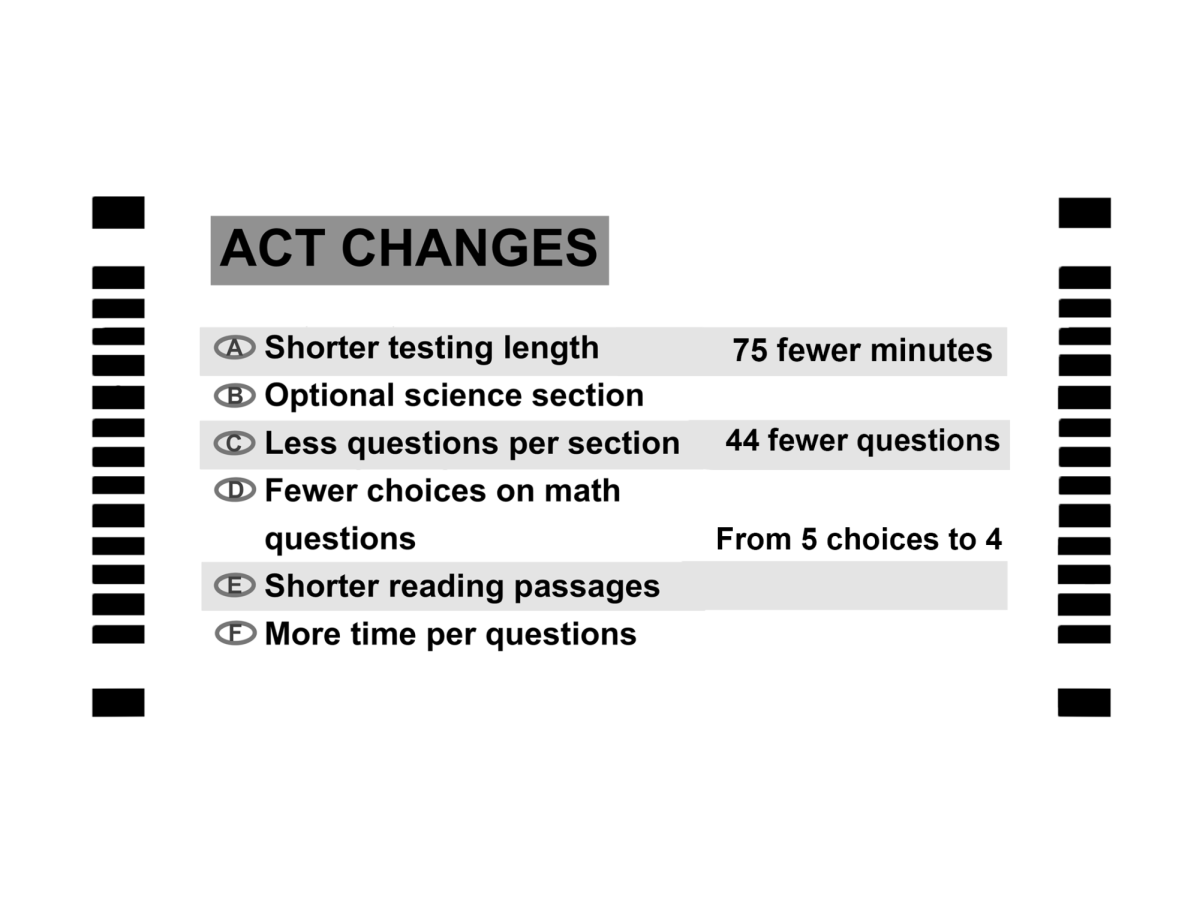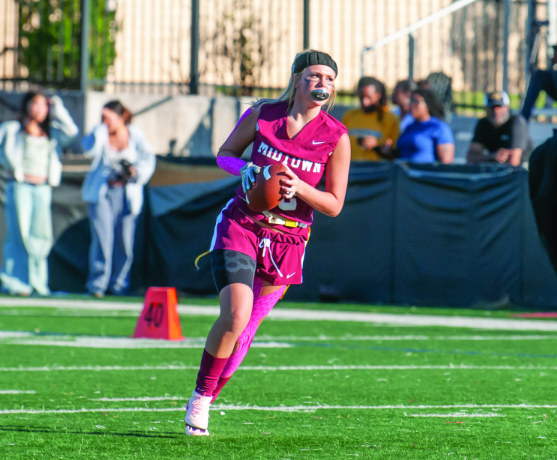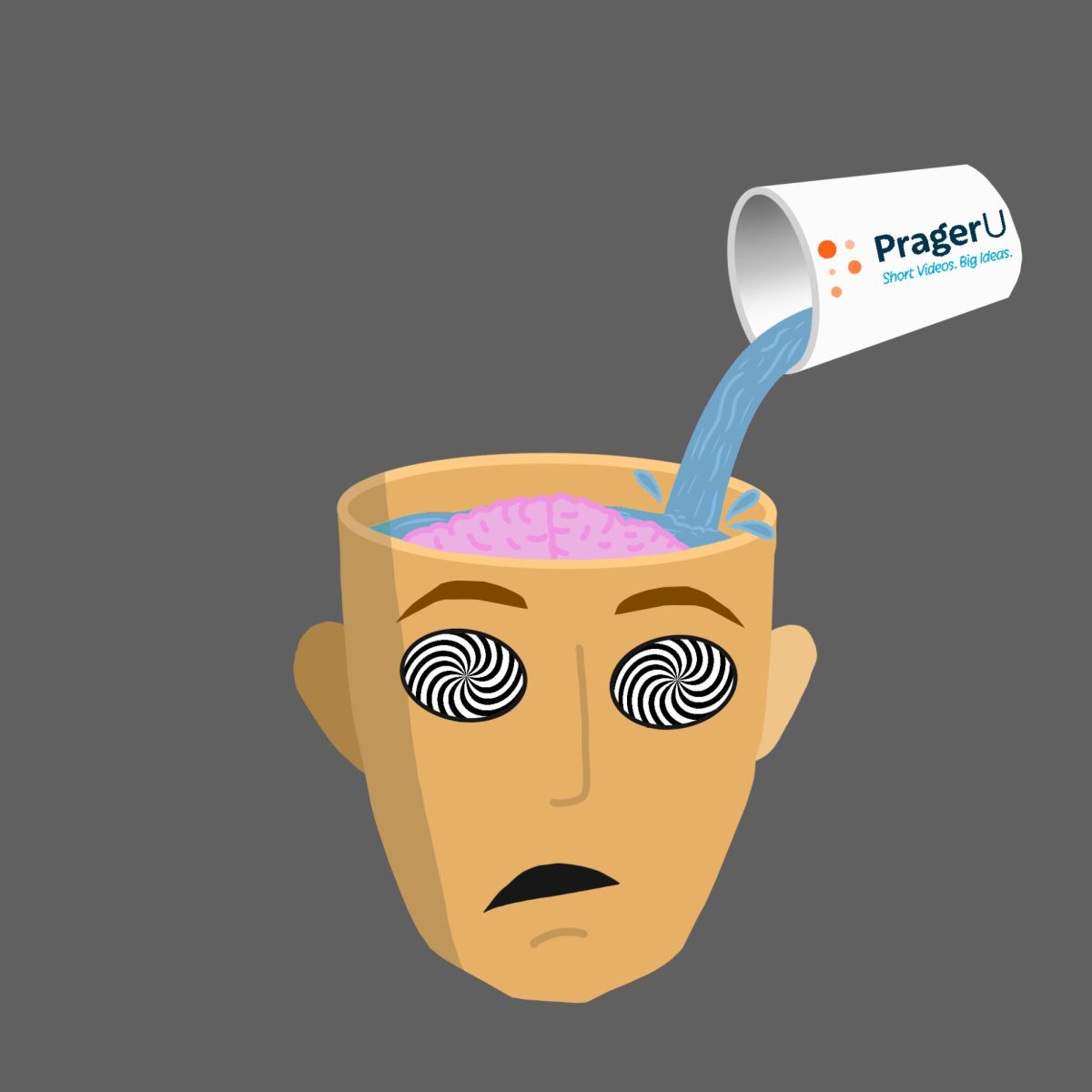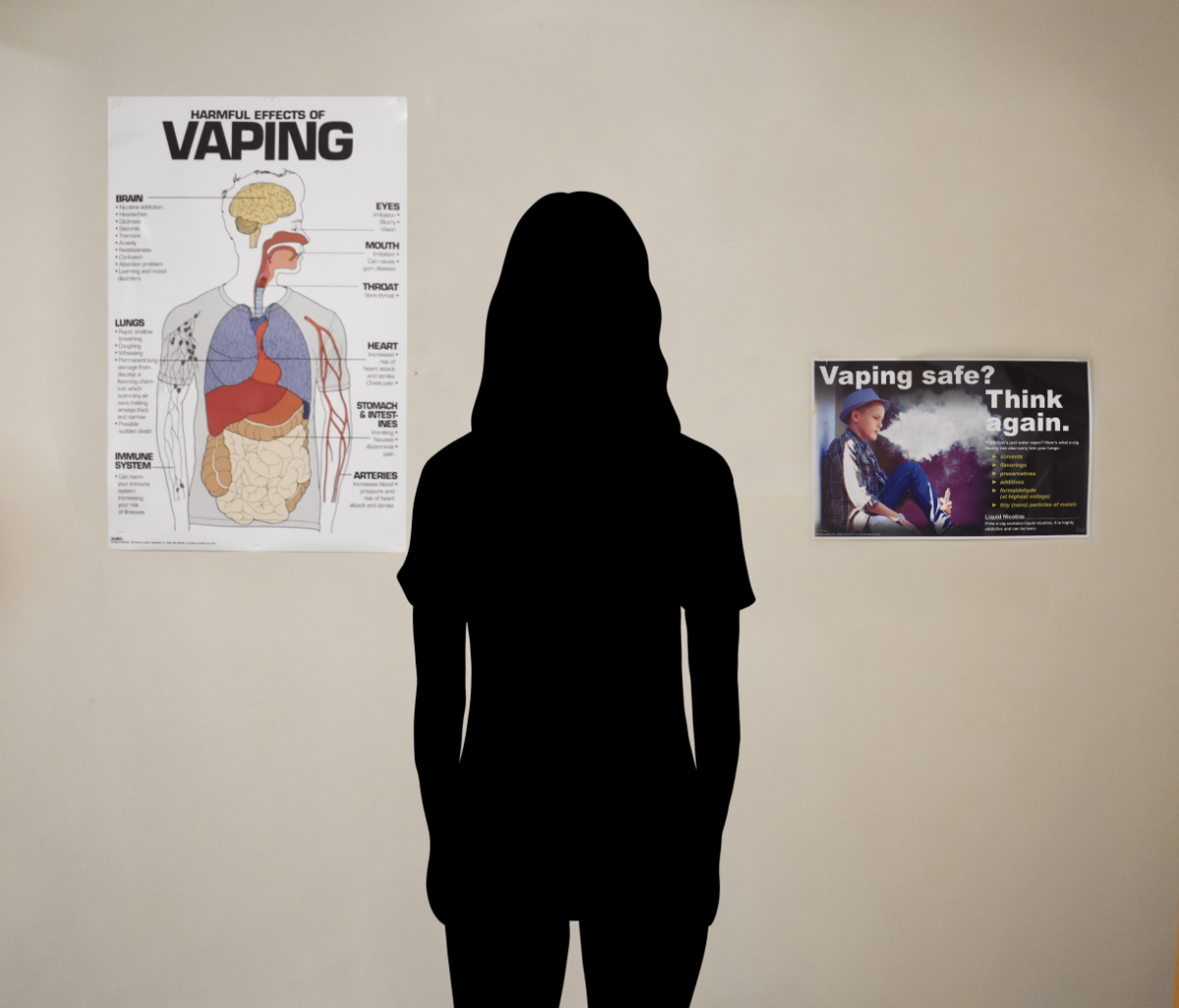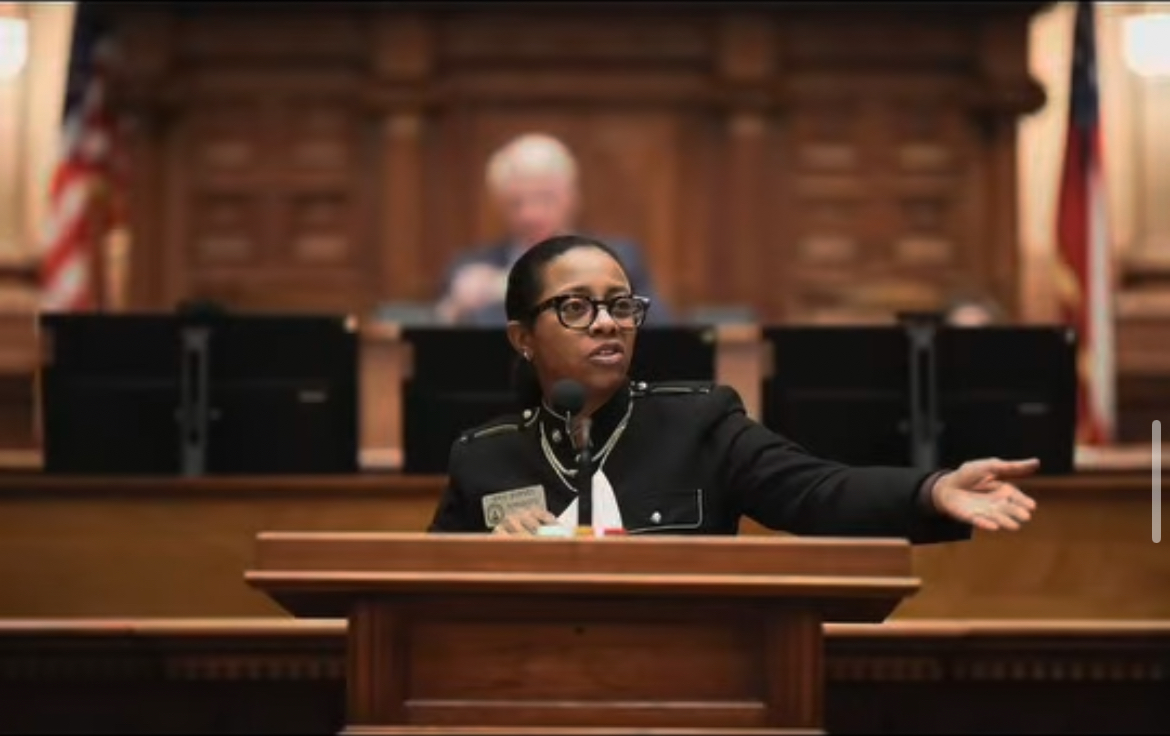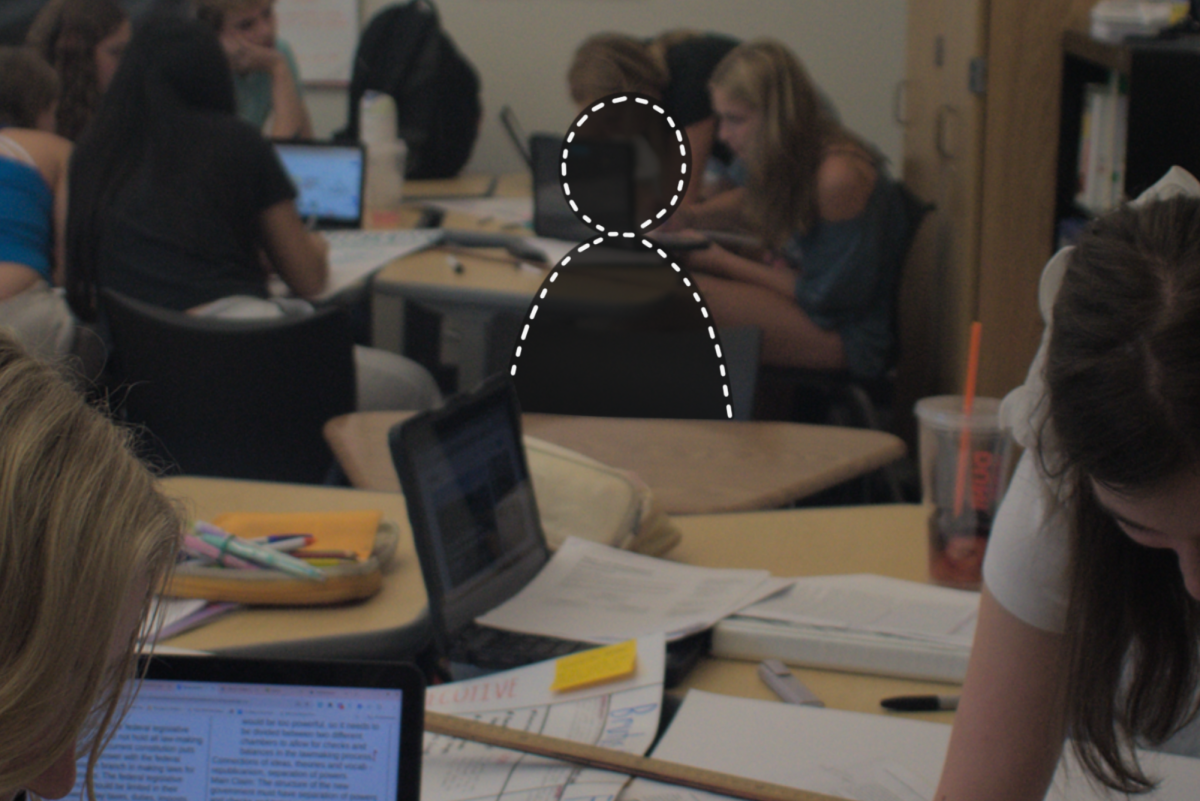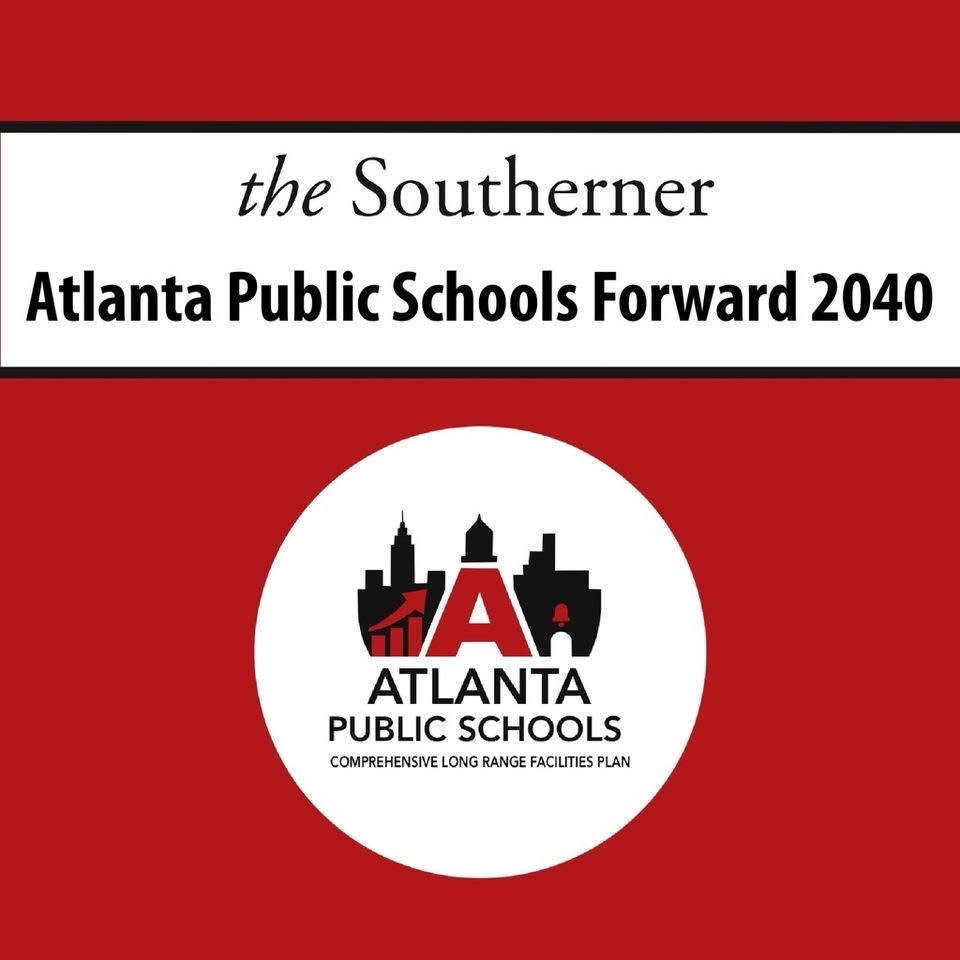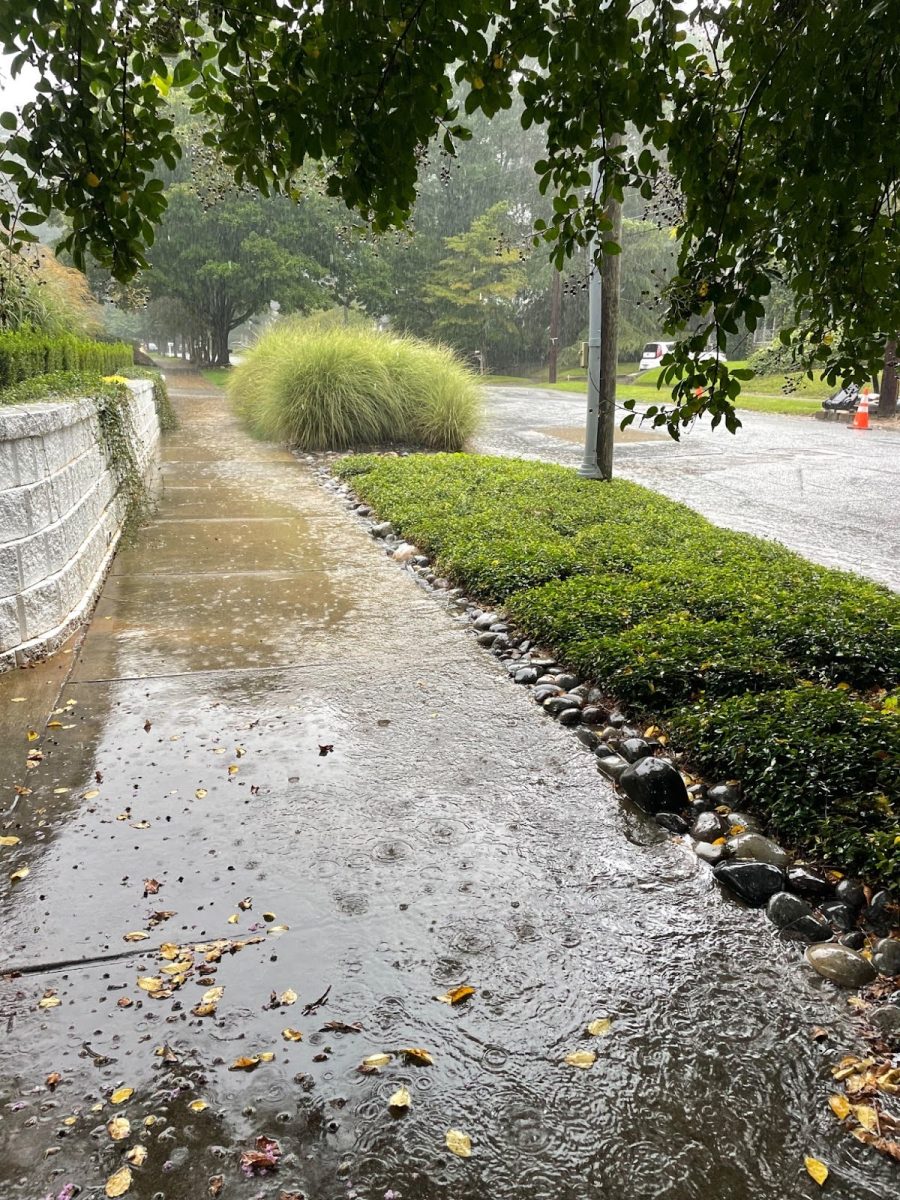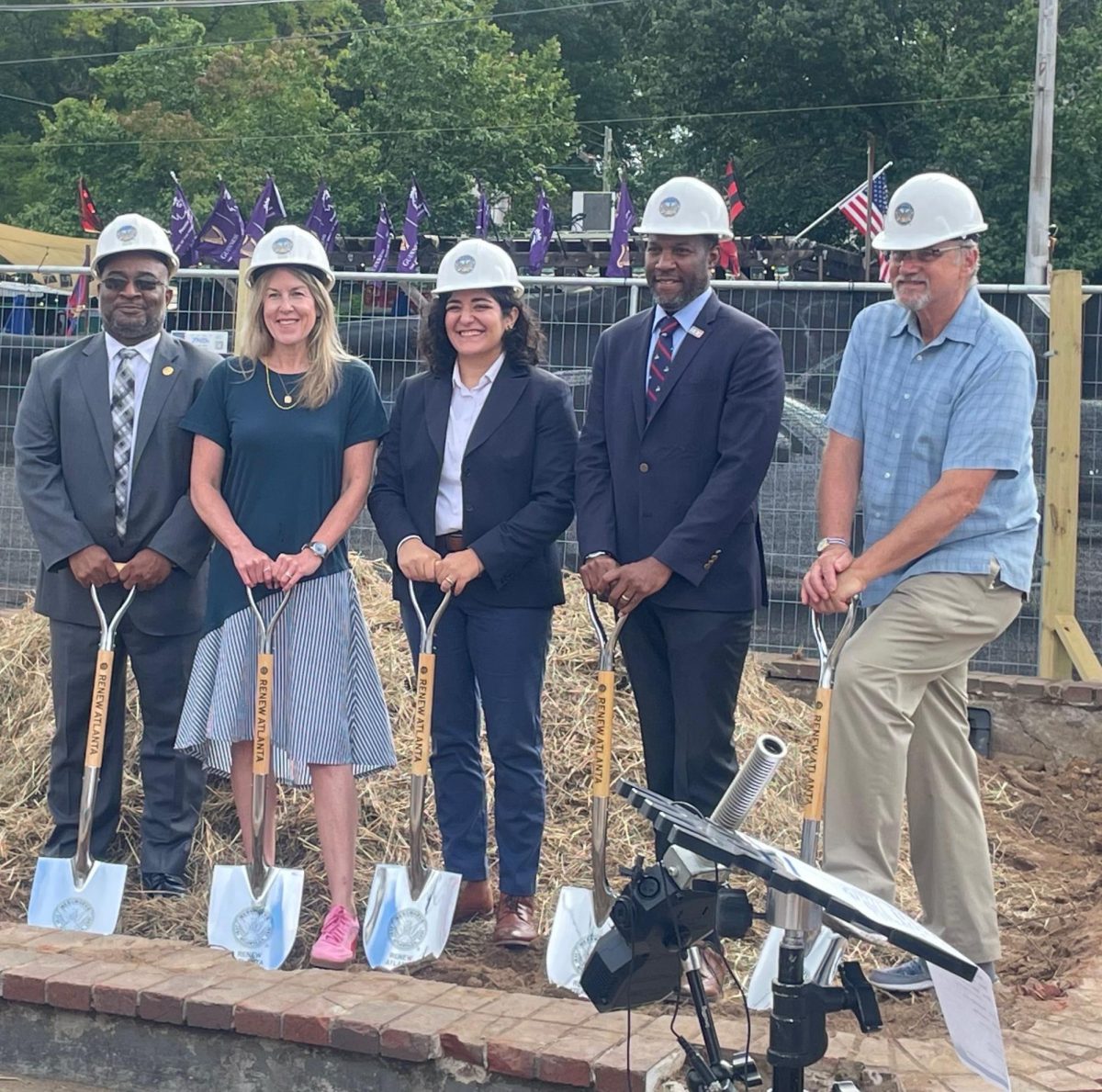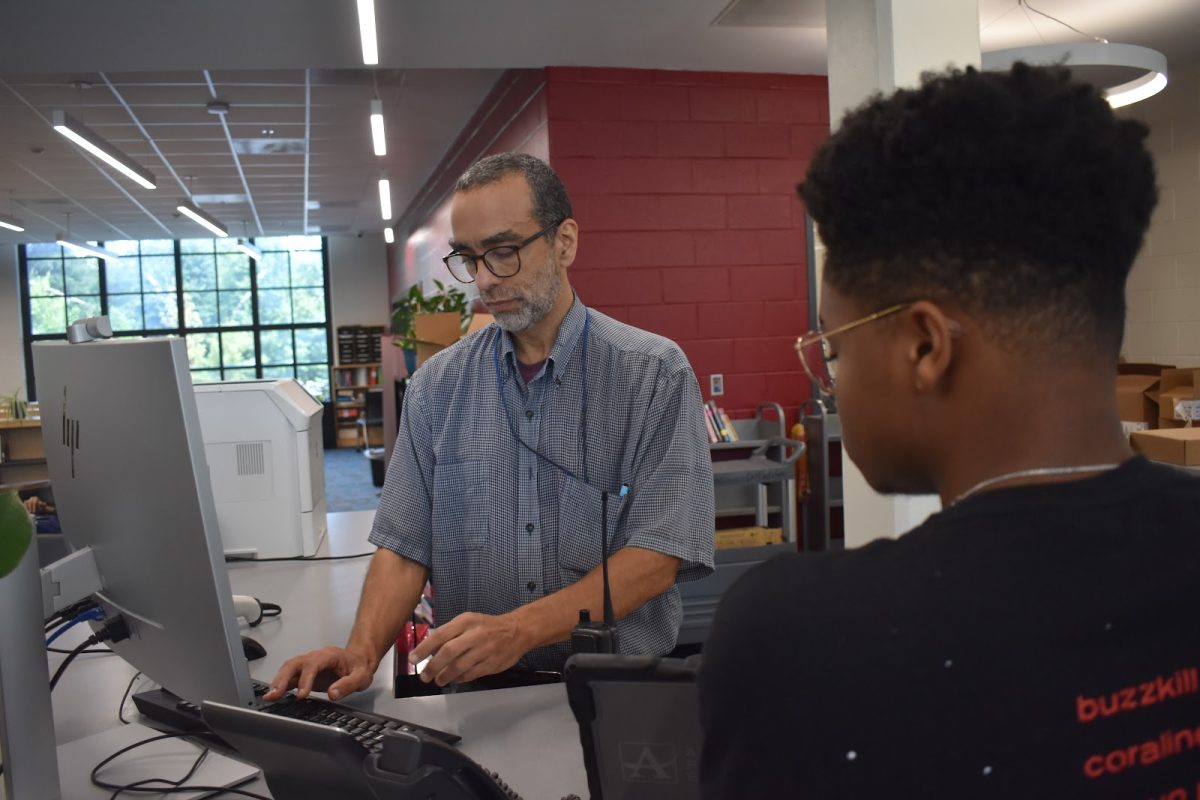District’s fourth-grade reading scores top nation with new approach
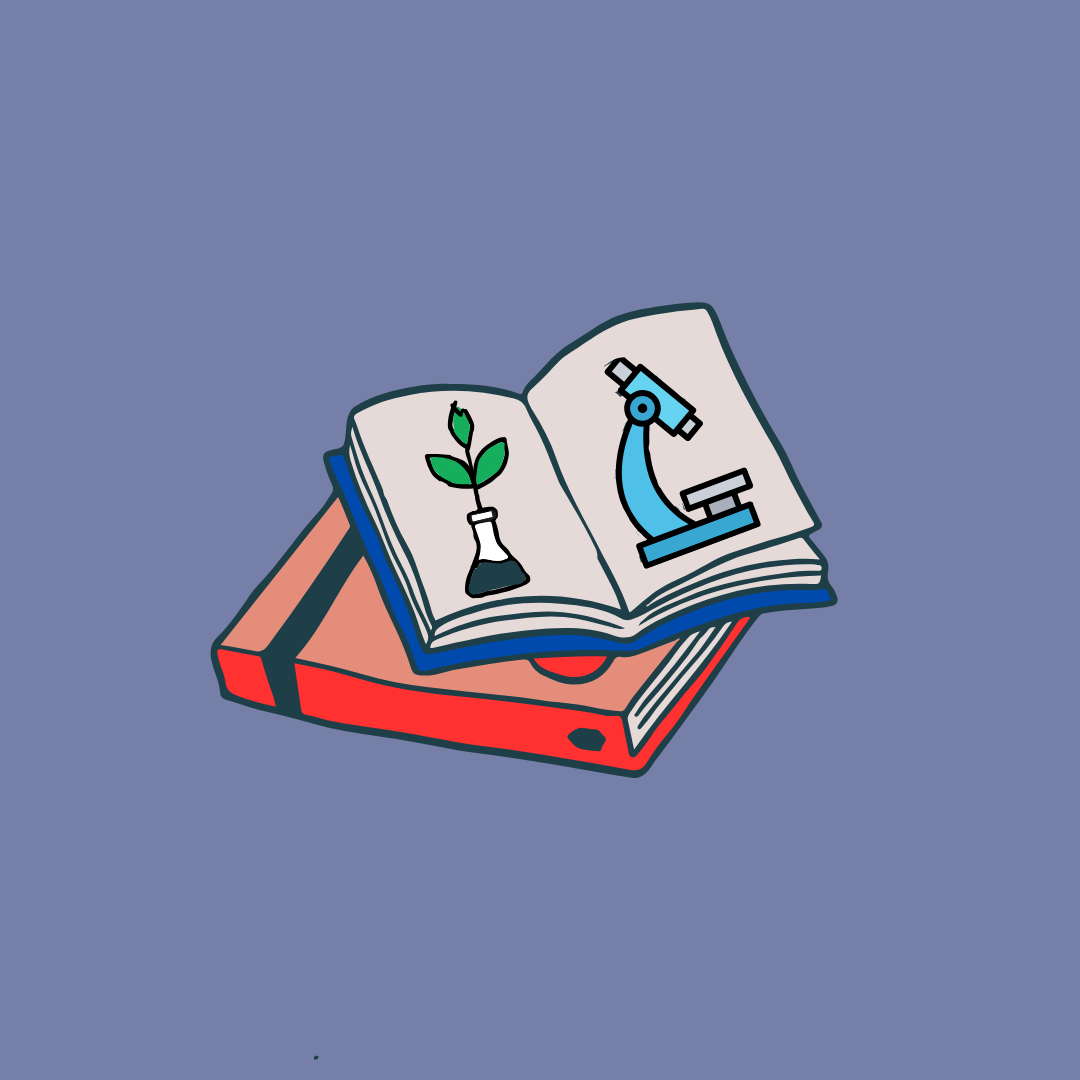
Atlanta Public Schools introduced the “science of reading,” a new method for elementary reading comprehension development, to the district in 2023 as part of its first literacy policy. APS’s recent literacy gains are being attributed to the method, as it is the only large urban school district in the United States to show significant growth in fourth-grade scores on the 2024 National Assessment of Educational Progress.
The “science of reading” approach includes evidence ”supporting phonological and phonemic awareness, phonics and word recognition, fluency, vocabulary, content knowledge development and comprehension.” Superintendent Dr. Bryan Johnson believes it wasn’t solely the new method responsible for the uptick in scores, but also the community that worked to help students with literacy.
“I think, obviously, the ‘science of reading’ has a lot to do with [the increased test scores],” Dr. Johnson said. “Teachers and leaders and staff have worked very hard to try and remediate throughout the pandemic, and I’ll attribute it to their efforts, as well as parents and community; it takes everybody to drive improvement and I think that’s what you see.”
Mary Lin Elementary fourth grade reading and social studies teacher Elizabeth Tolmach said she has observed the literacy improvements in the classroom setting.
“I see more confidence in students who come into my classroom not necessarily being very good spellers, and as they learn more, then they gain more confidence, and that’s harder to measure on a test,” Tolmach said. “It’s very evident to teachers when that’s happening.”
The method includes intensive phonics instruction, teaching reading through the correlation of sounds in the alphabetic writing system. Midtown English teacher Desiree Carter believes phonics is an important part of literacy instruction.
“The year that we were at home, I was hearing lessons to kindergarteners that said, ‘look at the book, if you do not know the word, then look at the picture to get an idea,’” Carter said. “That is not the ‘science of reading.’ ‘Science of reading’ involves teaching children the sounds that are associated with the letters and teaching them how to sound them out, but her materials had none of that.”
Tolmach believes the emphasis on phonics that is a part of the “science of reading” approach particularly helps students recover from potential learning loss as a result of the pandemic.
“Some students have come into my class with some gaps because of COVID and learning online,” Tolmach said. “Helping them make up missing phonics skills in small group, but then also whole group, teaching them Greek and Latin, root words and prefixes and suffixes, with intentionality, is one of the ways I teach the ‘science of reading.’”
During the period of online learning, parents were able to see the everyday instruction their children were receiving and many feared their students would fall behind. Carter saw the effects of not using the “science of reading” approach firsthand.
“I think when [online learning] started, we were getting 25 minutes a day of instruction that was live, and then the rest was videos,” Carter said. “So, I saw that this is a problem and needed to fill the gap. But that year, we were getting so little, and it was not enough. Now, my 10-year-old is a huge reader, but if she was getting the instruction she needed, she would have enjoyed reading sooner.”
Teaching middle and high schoolers, Carter said she has seen the long-term problems when phonics instruction is not included in foundational reading curriculum.
“I don’t think that this is across the board a problem for everybody,” Carter said. “I think some schools filled the gaps and had a separate phonics program. However, when I come across those students who have not had that phonics instruction they really struggle. They are slower readers, and it takes them longer to go through and process. By the time you are in 8th grade, you should see the word. You recognize it, and you should be able to get information from it. If you’re still coming to each word and trying to sound it out, figure out what it means then you are reading at a slower pace.”
While scores increased throughout the district, APS followed a nationwide trend of students in higher percentiles improving their scores, but students in lower percentiles’ scores dropping. Dr. Johnson views these as opportunities to combat systemic gaps.
“One of the real opportunities that exist for us is to close some of those gaps,” Dr. Johnson said. “Frankly, a lot of the gap that we observed in this administration has been persistent for a significant period of time, so we absolutely are going to lean into our economic disadvantage in our students with disabilities, with exceptionalities. We know we have work to do across our subgroups and doing that work and supporting those teachers and students will better position us to be successful for the long haul.”
Almost 55% of students enrolled in APS are economically disadvantaged. Dr. Johnson believes that having more uniform instruction and highly trained teachers will promote equity in learning.
“At the end of the day, we want to reduce the variability in the quality of teaching and reading and also reduce the variability in academic performance,” Dr. Johnson said. “We want every child that is in Atlanta Public Schools to receive an exceptional academic experience. When you place a focus on really intensive training and intensive support and you combine that with some of the work that has been done in the district to ensure that we have highly experienced teachers, even our newest teachers, we saw a major uptick in the levels of experience. When you start to take experience and training with high quality materials, we believe all those things are recipes to close gaps.”
Tolmach said even though she is happy about the implementation of research-based methods, she wishes the curriculum would be more standardized.
“I’m glad that we’re using more research-based methods,” Tolmach said. “As a teacher, it can be kind of tricky when certain curricula go in and out of fashion, and they’re just different trends with curriculum. I think most reading teachers know how to teach reading and know what is best, but it can be kind of difficult when an administration is asking you to adopt a new curriculum or a new textbook or a new way of doing something.”
Dr. Johnson said the “science of reading” method has been well received and will explore adding programs to middle school.
“Our board just approved the adoption of high-quality instruction materials for elementary through high school, so teachers and students will have that at their disposal,” Dr. Johnson said. “Additionally, we will continue with the ‘science of reading’ training with an additional focus on the middle grades. What we heard a lot from community meetings, in particular, was people recognized there was a concerted effort at the elementary level, but there was also a desire to see that move up throughout middle school, so we will begin the deeper exploration of how we will support our middle school learners.”
Tolmach said that since beginning to use the “science of reading,” she has seen students engage with literacy outside of English instruction.
“I see kids get really excited about phonics instruction,” Tolmach said. “I see them really enjoying learning about Latin and Greek roots, and like talking about it outside of the phonics instruction. So, when they’re mentioning it during other subjects, and they’re excited during social studies when they notice that, you know, there’s a Greek or Latin root in words, or general enjoyment of learning about, Greek mythology and like how it connects to our language. I see kids getting excited about language.”
